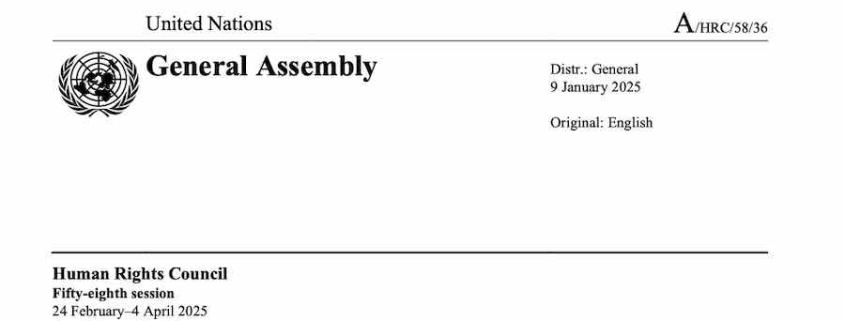Human rights and transitional justice
Report of the Office of the United Nations High Commissioner for
Human Rights*
In the present report, the Office of the United Nations High Commissioner for Human
Rights (OHCHR) identifies examples of good practices and lessons learned related to
transitional justice processes in the context of sustaining peace and sustainable development,
notably Sustainable Development Goal 16, drawn from regional consultations and research
carried out pursuant to Human Rights Council resolution 51/23. The examples of good
practices are victim-centred, inclusive, gender-responsive and innovative, and contribute to
an early, tangible or transformational impact on victims and affected communities. Many
have been developed by victims’ associations and grass-roots organizations, notably those
led by women, and contribute to the achievement of the Sustainable Development Goals.
The objective of the report is to convey the good practices presented during the
regional meetings, which are particularly applicable in challenging and adverse contexts in
which preconditions for transitional justice are absent. In those contexts, a series of initiatives
can lay the ground for future transitional justice processes and harness their transformative
potential for peace and development.
Based on the good practices and lessons learned, the report contains
recommendations, including to maximize the impact and ensure the sustainability of good
practices through their expansion, the adoption of similar measures and the provision of
dedicated support and complementary measures, as part of a holistic approach to transitional
justice that promotes truth, justice, reparation and guarantees of non-recurrence.



